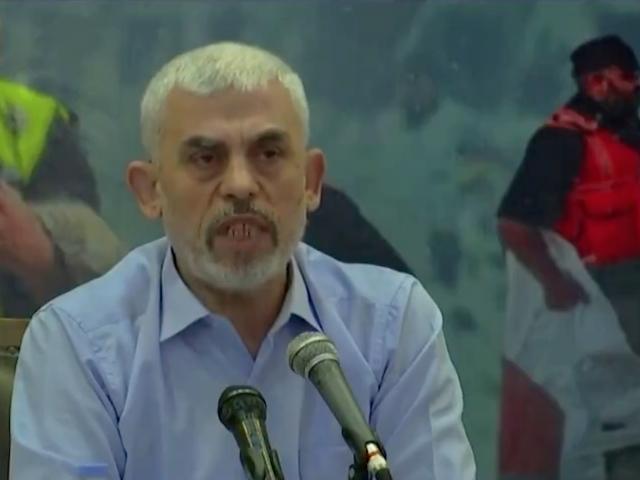Hamas has declined an Israeli ceasefire offer, according to statements released on Saturday. The group conveyed its refusal through mediators in Egypt and Qatar, responding to a proposal initially presented last Monday. Israel has characterized this response as a rejection, suggesting that Hamas is leveraging the ongoing regional tensions with Iran to its advantage.
The conflict, which has persisted for over six months, sees both parties holding firm on their demands. Hamas insists on a complete ceasefire and requires the withdrawal of Israeli forces from Gaza. Their demands also include allowing displaced Palestinians to return to their homes, increasing relief and aid deliveries, and initiating reconstruction efforts in the war-torn region.
Hamas rejects latest hostage-ceasefire deal proposal
— i24NEWS English (@i24NEWS_EN) April 14, 2024
'I can't see why he would agree to a ceasefire if it means at the end of a ceasefire, they will kill Hamas... Israel has no choice but to go into Rafah, destroy Hamas,' says Frmr. Israeli Ambassador to U.S @DrMichaelOren pic.twitter.com/ZwttYwwZa3
Conversely, Israel’s primary objective is the safe return of hostages taken by Hamas during the October 7 attack that reignited hostilities. Israel remains committed to a military strategy aimed at decisively crippling Hamas as a combat force and plans an offensive in Rafah, a southern Gaza city now sheltering over a million civilians.
On the topic of hostages, Hamas has expressed willingness to engage in a prisoner exchange, proposing to release 133 hostages in return for the release of numerous Palestinians currently incarcerated in Israel.
🚨🇵🇸BREAKING: HAMAS REJECTS GAZA CEASEFIRE DEAL
— Mario Nawfal (@MarioNawfal) April 14, 2024
Mossad: "By rejecting the deal, in which Israel showed flexibility, [Hamas leader Yahya] Sinwar has proved he doesn't want a humanitarian deal and to return the hostages, and [he] is continuing to take advantage of the tensions… pic.twitter.com/QCNANyhDDG
The Israeli government, articulating its position through the Prime Minister’s Office and the Mossad, which has spearheaded the negotiations, interprets Hamas’s refusal as a lack of interest in a humanitarian resolution. This stance is perceived as an attempt by Hamas leader Yahya Sinwar to exacerbate regional tensions, particularly with Iran, which has recently escalated to direct confrontations involving missile attacks on Israel.
Negotiations, which began on April 7 in Cairo, have yet to yield any significant progress towards a peace agreement despite the efforts of US, Qatari, and Egyptian mediators. The conflict, now in its seventh month, was triggered by a deadly cross-border attack by Hamas, which resulted in the deaths of 1,200 individuals and the abduction of 253 people.
The Mossad put out a statement that over a week after the negotiations in Cairo, Hamas rejected another ceasefire/hostage release deal. Israel was as flexible as it’s ever been, so this “proved Sinwar doesn’t want a deal” and is still hoping for a united front with Iran.
— Lahav Harkov 🎗️ (@LahavHarkov) April 14, 2024
Amidst these strained negotiations, the situation was further complicated by an Israeli operation that resulted in the deaths of several family members of Hamas chief Ismail Haniyeh. This incident has raised concerns about potential impacts on the ongoing efforts to secure the release of hostages.
As global calls for a ceasefire increase, both parties appear entrenched in their positions, with little indication of a forthcoming resolution. Israel continues to demand the return of all hostages, the remains of soldiers killed and captured in 2014, and two Israeli citizens who previously entered Gaza voluntarily.
To no one's surprise, Hamas has turned down the latest ceasefire offer from the mediators. It is time to stop negotiating and finish the war. https://t.co/Maec1X9FCc
— Shaiel Ben-Ephraim (@academic_la) April 14, 2024
This ongoing impasse highlights the complex interplay of military, humanitarian, and political challenges facing the region, underscoring the difficulties in achieving a ceasefire and moving towards lasting peace.


